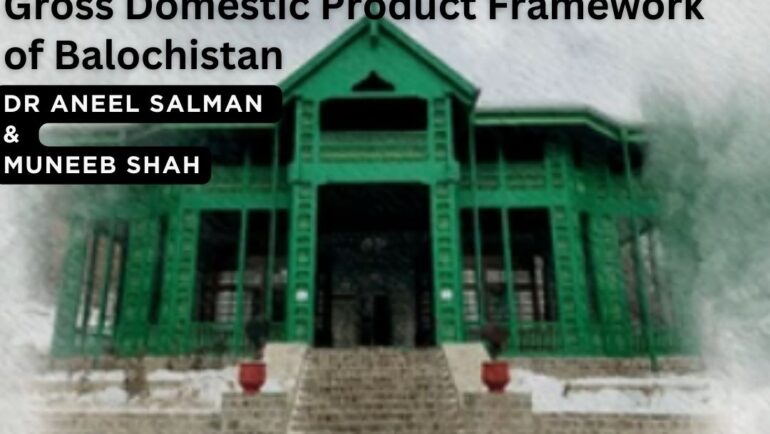Policy Brief 17/04/2025
This Policy Brief examines the impact of Free Trade Agreements (FTAs) on Pakistan’s trade performance. It highlights that, over the years, Pakistan has concentrated on increasing the number of FTAs. However, there is inadequate empirical evidence to determine whether these FTAs have improved Pakistan’s trade performance or contributed to its decline. This Policy Brief provides empirical evidence regarding the role of FTAs in Pakistan’s trade performance based on data from the International Trade Centre (ITC). The findings of this Brief highlight that to place Pakistan on a new economic trajectory of economic development and stability, it is essential to address trade distortions, introduce strategic trade interventions, and increase awareness about FTAs. Furthermore, it highlights that challenges such as low productivity levels, lack of export diversification, and high production costs have hindered the existing FTAs from delivering the expected results. Hitherto, the FTAs have not significantly contributed to economic development in Pakistan and have failed to improve its trade performance. In contrast, Vietnam, which does not have an FTA with Pakistan, has outperformed Pakistan’s FTA-based trading partners, with a positive trade balance of USD 81 million and a USD 633 million trade volume. To address these challenges, Pakistan may: Invest in emerging sectors such as sustainable agriculture, Information Technology (IT), pharmaceuticals, and green technologies to diversify exports, reduce reliance on traditional exports, and tap into high-value markets. Encourage industries to move up the value chain by providing incentives for producing finished goods rather than exporting raw materials. Negotiate FTAs and secure market access for higher-value and environmentally friendly goods (like dry fruits) while prioritising sectors with export potential. In doing so, the agriculture sector can make a significant contribution by exporting organic products and green technologies. Pakistan’s diverse climate and resource abundance give it a competitive advantage in this area. This may also contribute positively to challenges related to climate change and the food security needs of Pakistan.


